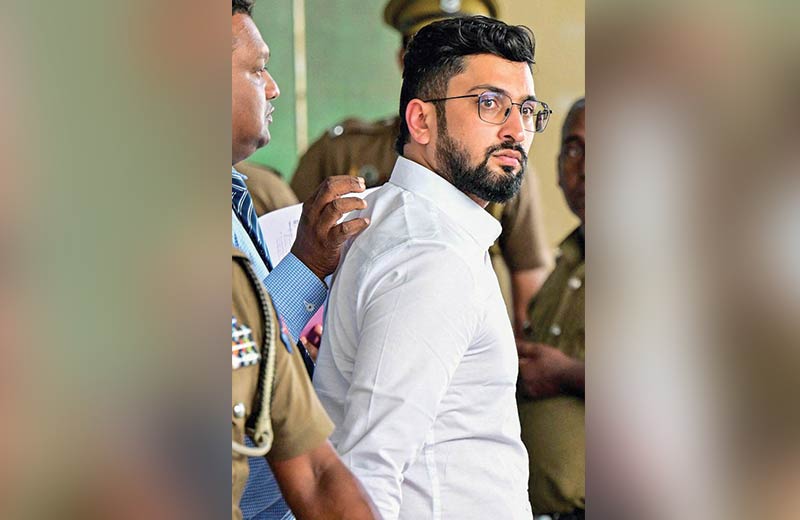Sports
Sending a strong message to the corruptors

by Rex Clementine
Cricket, often referred to as the gentleman’s game, has weathered countless storms, but few have been as turbulent as the dark clouds of corruption. The sport’s integrity was dealt a body blow when Hansie Cronje, of all people, was caught in the tangled web of match-fixing by Delhi police in 2000. What followed was a six-month-long soap opera of stunning revelations, during which some captains were dethroned, others were tarnished beyond repair, and a few prominent players were handed life bans – banished from the cricketing fraternity like outlaws.
Amid this scandal, Australian cricket wasn’t spared. Veteran journalist Malcolm Conn unearthed a shocking story: Cricket Australia had secretly fined Shane Warne and Mark Waugh back in 1994 for their dealings with bookies. The incident, swept under the carpet at the time, only came to light years later, adding fuel to the fire of cricket’s corruption woes.
Recognizing the magnitude of the threat, the International Cricket Council (ICC) set up an Anti-Corruption Unit (ACU) to clean up the game. However, it wasn’t until former British policeman Alex Marshall took the reins in 2017 that drastic measures were taken to root out the rot. Marshall didn’t just scratch the surface; he dug deep, bringing to book a record number of players, coaches, and others involved in nefarious activities.
Marshall’s tenure coincided with the mushrooming of cricket leagues worldwide. These leagues, while providing players with opportunities, also became breeding grounds for corruption. Policing the game became a Herculean task, but Marshall’s efforts were nothing short of exemplary, reinforcing the game’s integrity and drawing a line in the sand for those who dared to cross it.
Sri Lanka, in particular, reaped the benefits of Marshall’s expertise. Former Sports Minister Harin Fernando swiftly acted on ICC recommendations, ushering in a groundbreaking piece of legislation: making corruption in cricket a criminal offense. Parliament passed the law, ensuring that those attempting to tarnish the game not only faced bans but also the prospect of prison time. To Harin’s credit, Sri Lanka became the first – and remains the only – Asian nation to criminalize corruption in sports.
With Marshall’s guidance, Sri Lanka Cricket enlisted the help of retired military officers to police the game and educate players. A specialized police unit was established at the Sugathadasa Stadium to tackle corruption in sports. Their diligence recently bore fruit when Prem Thakur, an owner of the Galle Marvels team in the ongoing T10 League, was arrested after a player reported a suspicious approach.
This isn’t the first time Sri Lanka has taken team owners to task. During the Lanka Premier League, another team owner faced arrest, sending a clear and unequivocal message: Sri Lanka is no playground for fixers. Those attempting to manipulate games or scenarios are swiftly shown the door, with the added risk of legal repercussions.
Thakur’s arrest came after he allegedly tried to lure a player into corruption – a move that backfired spectacularly. His remand serves as a stark warning to individuals with ulterior motives: the days of pulling the wool over cricket’s eyes are long gone.
Critics argue that events like the T10 League pose significant risks, particularly with so many young cricketers involved. But such a view misses the forest for the trees. Cricket is evolving, and exposure to diverse leagues is vital for player growth. Instead of shutting doors, the focus should be on fortifying the sport against corruption – a mission Sri Lanka has embraced with vigour.
Our robust anti-corruption measures are a testament to the commitment to preserving the game’s sanctity. By taking swift and decisive action, Sri Lanka not only safeguards our cricketing future but also set an example for the rest of the world.
As the saying goes, ‘Prevention is better than cure,’ and Sri Lanka’s proactive approach ensures that the cancer of corruption doesn’t metastasize. The message is loud and clear: the gentleman’s game will not bow to rogues.